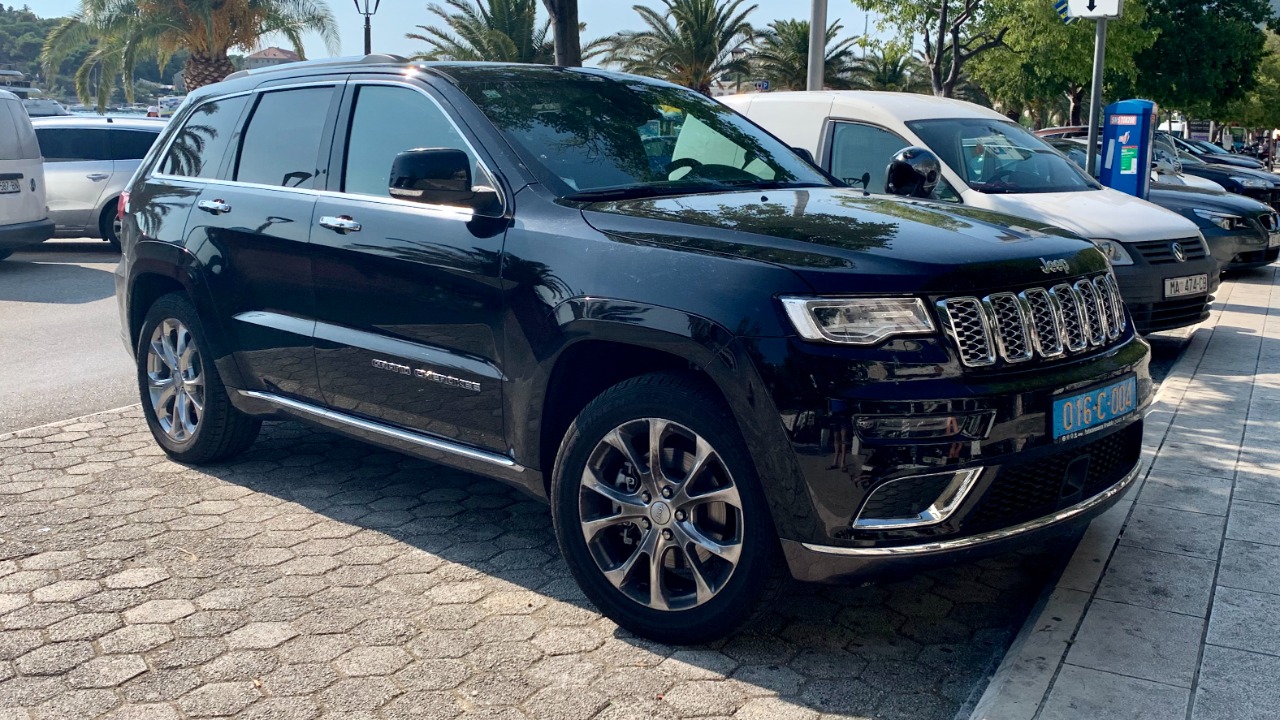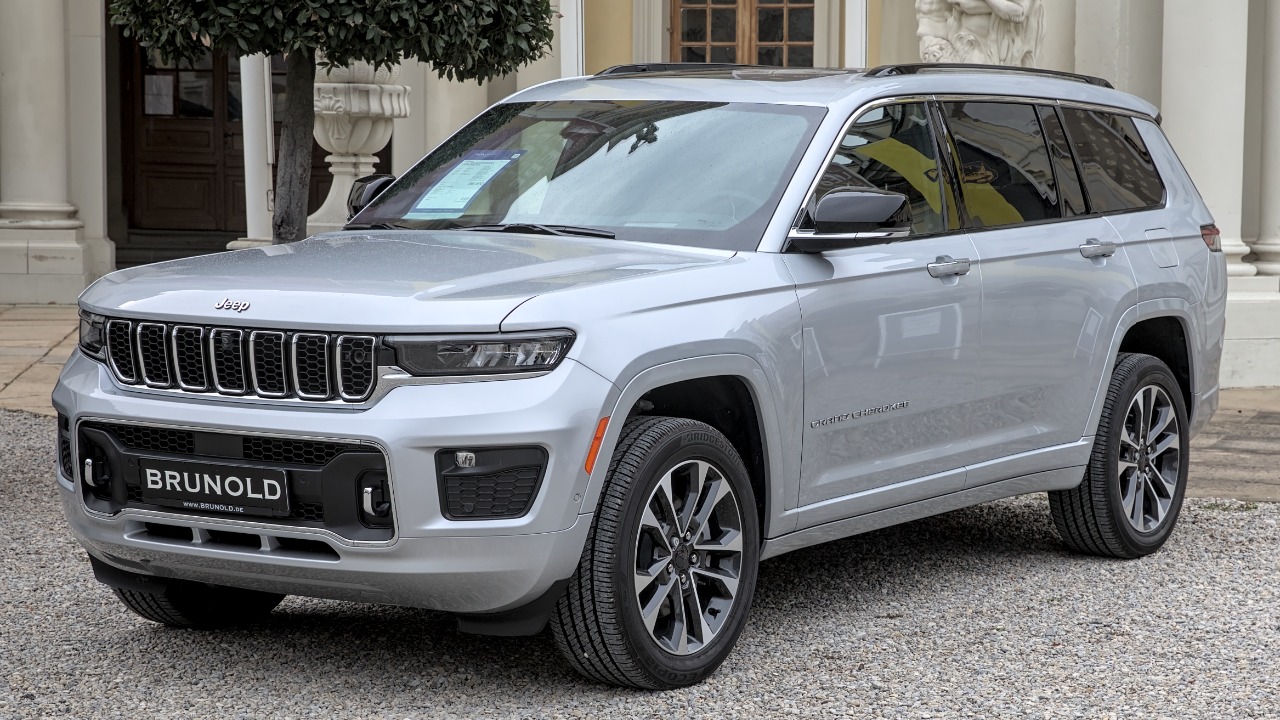
Jeep has long been synonymous with rugged adventure and off-road capability. However, recent trends indicate a growing number of Jeep owners are opting to sell their vehicles. This shift in the automotive market is driven by a variety of factors, from changing consumer preferences to technological advancements.
Changing Consumer Preferences

The shift towards electric vehicles (EVs) is undeniable as more consumers become environmentally conscious. Traditional gasoline-powered Jeeps may not align with this eco-friendly movement, prompting many to explore greener alternatives. The rise of electric vehicles like Tesla and Rivian offers a compelling reason for Jeep owners to consider trading in their gasoline guzzlers for something more sustainable.
Urbanization and lifestyle changes further contribute to this trend. As more people gravitate towards city living, the necessity for off-road vehicles diminishes. Compact, fuel-efficient cars are increasingly favored by urban dwellers who navigate tight city streets and prioritize fuel savings. Moreover, economic considerations such as rising fuel prices and maintenance costs make owning a Jeep less financially viable for some, leading to a sell-off in favor of more economical options.
Market Trends and Resale Value

Depreciation is a crucial factor influencing the decision to sell. Jeeps are currently experiencing faster depreciation rates compared to other brands, compelling owners to sell before values drop further. In this competitive market landscape, the influx of new models from other manufacturers offering similar features at competitive prices is impacting Jeep’s market position.
Moreover, legislative measures like Texas’s HB 718, aimed at curbing crime associated with counterfeit paper tags, have influenced vehicle registration and resale processes, affecting Jeep sales in certain regions. With these factors at play, the resale value of Jeeps may not be as robust as it once was.
Community and Cultural Shifts

The influence of online communities, such as the Jeep Wranglers group, cannot be underestimated. Discussions highlighting issues and alternatives sway opinions and encourage sales among members. At the same time, shifts in adventure culture have seen a rise in alternative outdoor activities and interests, reducing the allure of traditional off-roading and, consequently, Jeep ownership.
Generational changes also play a significant role. Younger generations prioritize technology and connectivity over traditional automotive features. For brands like Jeep, which may not fully meet these expectations, there is a notable move away as younger buyers seek vehicles that align more closely with their technological preferences.
Technological and Innovation Factors

In today’s rapidly evolving automotive industry, technological advancements are paramount. Jeep’s slower integration of advanced technology and smart features compared to competitors is leading some owners to seek more modern vehicles. As the demand for vehicles equipped with the latest tech grows, Jeep’s offerings may seem outdated to tech-savvy consumers.
Additionally, the advent of new off-road capable models from other manufacturers provides consumers with more choices beyond Jeep. Advances in vehicle technology have introduced alternatives that challenge Jeep’s traditional dominance in the off-road segment. Furthermore, the growing interest in autonomous driving technology places pressure on manufacturers like Jeep to innovate or risk losing market share to tech-forward competitors.